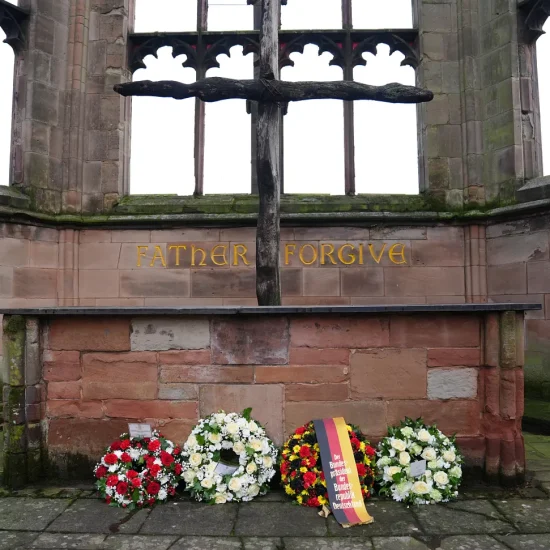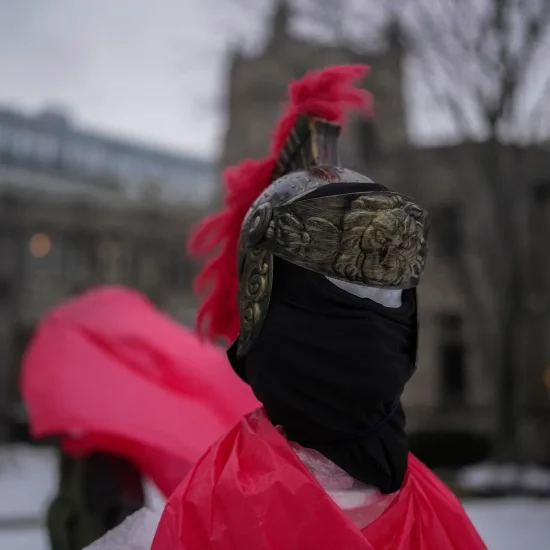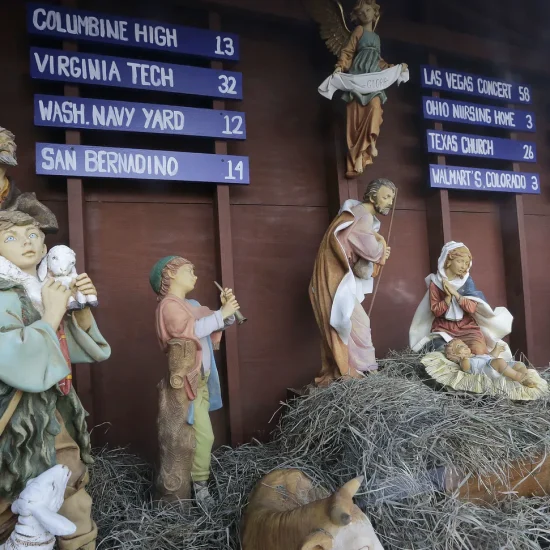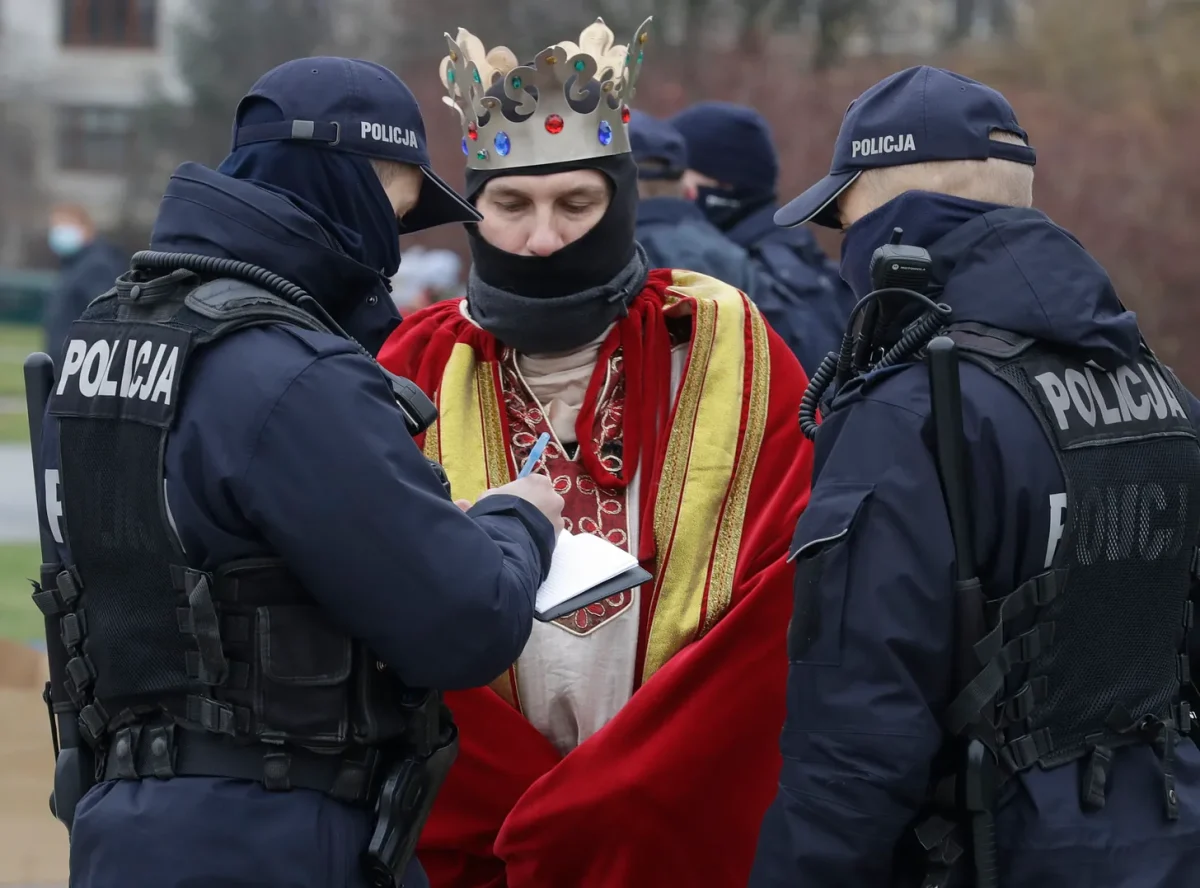
“God chose what is foolish in the world to shame the wise; God chose what is weak in the world to shame the strong; God chose what is low and despised in the world, things that are not, to abolish things that are, so that no one might boast in the presence of God. He is the source of your life in Christ Jesus, who became for us wisdom from God — our righteousness and sanctification and redemption.” (1 Corinthians 1:27-30)
I’ve been thinking about power regularly throughout 2024 — but not for the obvious election-related political reasons. One of my favorite podcasts, 99% Invisible, has spent the year exploring Robert Caro’s monumental tome The Power Broker. The 1974 book represents an impressive feat of journalism documenting the rise and fall of Robert Moses as he went from a nobody to the man who built nice parks in New York to the world’s most famous urban design villain.
It is truly staggering the influence that Moses — who held the title of NYC Parks Commissioner but was never elected to any office — still has over our lives today. Though you might not have heard his name before, he “built more structures and moved more earth than anyone in human history” throughout his reign in the mid-20th century. Moses worked to engrain racism into public spaces, gut public housing, and sideline public transportation options in ways that have been replicated all across the country.
Moses offers us a cautionary tale about how unchecked power corrupts at both an individual and structural level. We regularly enjoy such tales — but often prefer them to come in the form of great works of fiction like The Lord of the Rings or Dune. But the story of a man who couldn’t be reined in by anyone from local city council members all the way up to President Franklin D. Roosevelt actually happened. And we still can’t escape much of his housing segregation or car-centric infrastructure that continues to harm our neighbors and our planet today.
In the context of Advent, there are strong parallels between Moses and another historical figure: Herod the Great, king of Judea. Beyond being known for the “massacre of the innocents,” Herod is also remembered for his colossal architectural projects like rebuilding the Temple in Jerusalem. Despite some of his structures still standing today, biblical accounts and historical records leave him as a bit of an enigma. But maybe that doesn’t really matter for thinking about the various ways rulers cling to power.
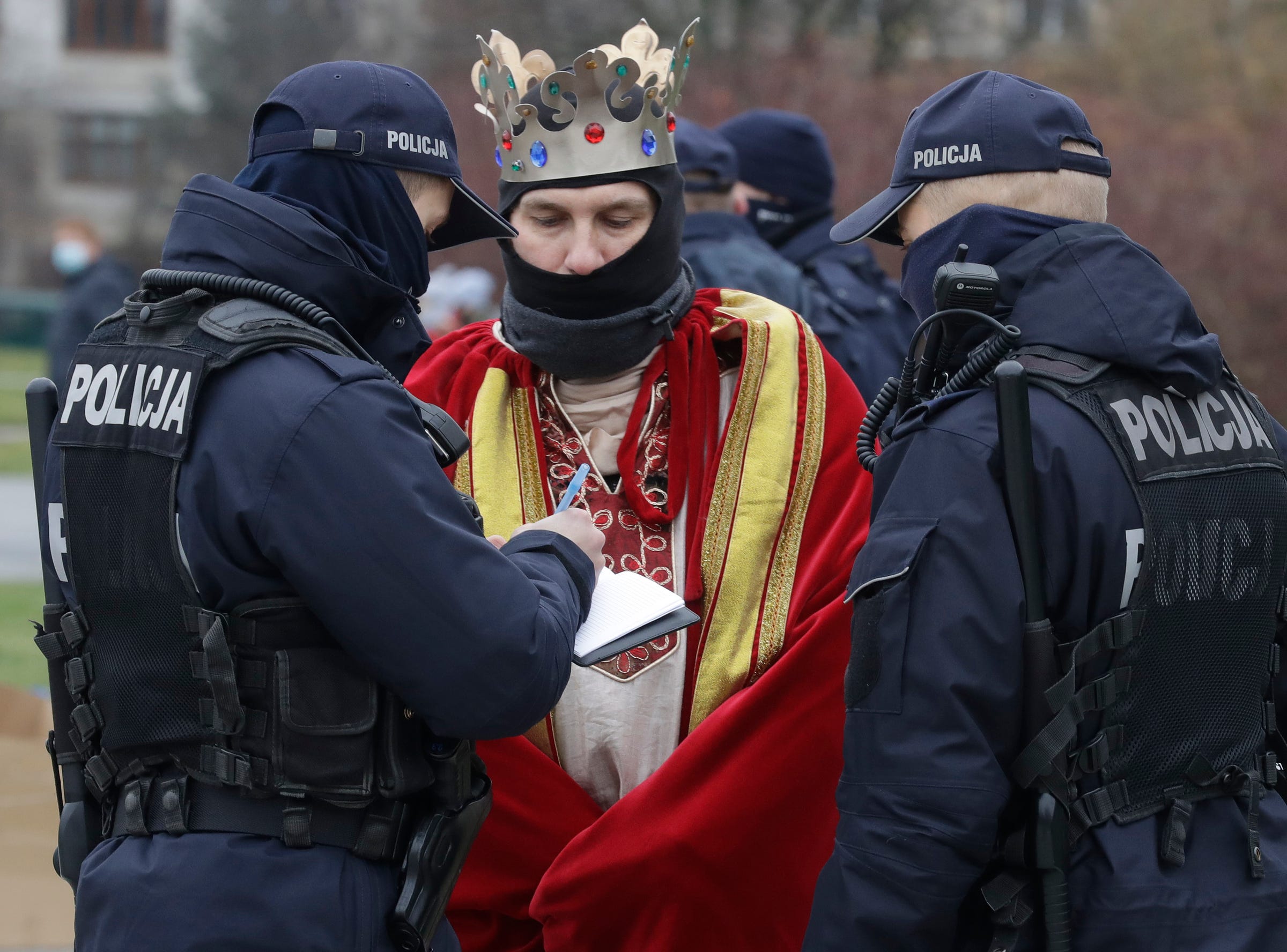
Police checking the ID documents of actors playing the Three Magi in an Epiphany procession on Jan. 6, 2021, in Warsaw, Poland. (Czarek Sokolowski/Associated Press)
Powerful people seeking more power, and fearing the loss of what they already have, often transcend their particularities or ideologies. We often think of power as a means to an end — but at the highest levels, it can become the end in itself. Moses began his career as an idealistic progressive reformer, but once he amassed unbridled power, all he wanted was more of it. Like Herod, he wanted his name on massive bridges and roads and for everyone to bend to his will.
In an 1887 letter to an Anglican bishop, Lord Acton wrote, “Power tends to corrupt and absolute power corrupts absolutely.” This is one lesson we can take from the words of J.R.R. Tolkien and Frank Herbert or the lives of Herod and Moses. Fortunately, a messianic child was born into this world to strike fear into the hearts of “kings” by showing us another way.
Jeremy Fuzy is the digital editor of Word&Way.

NOTE: This is part of our Unsettling Advent devotionals running Dec. 1-Dec. 24. You can subscribe for free and receive them each morning in your inbox.

